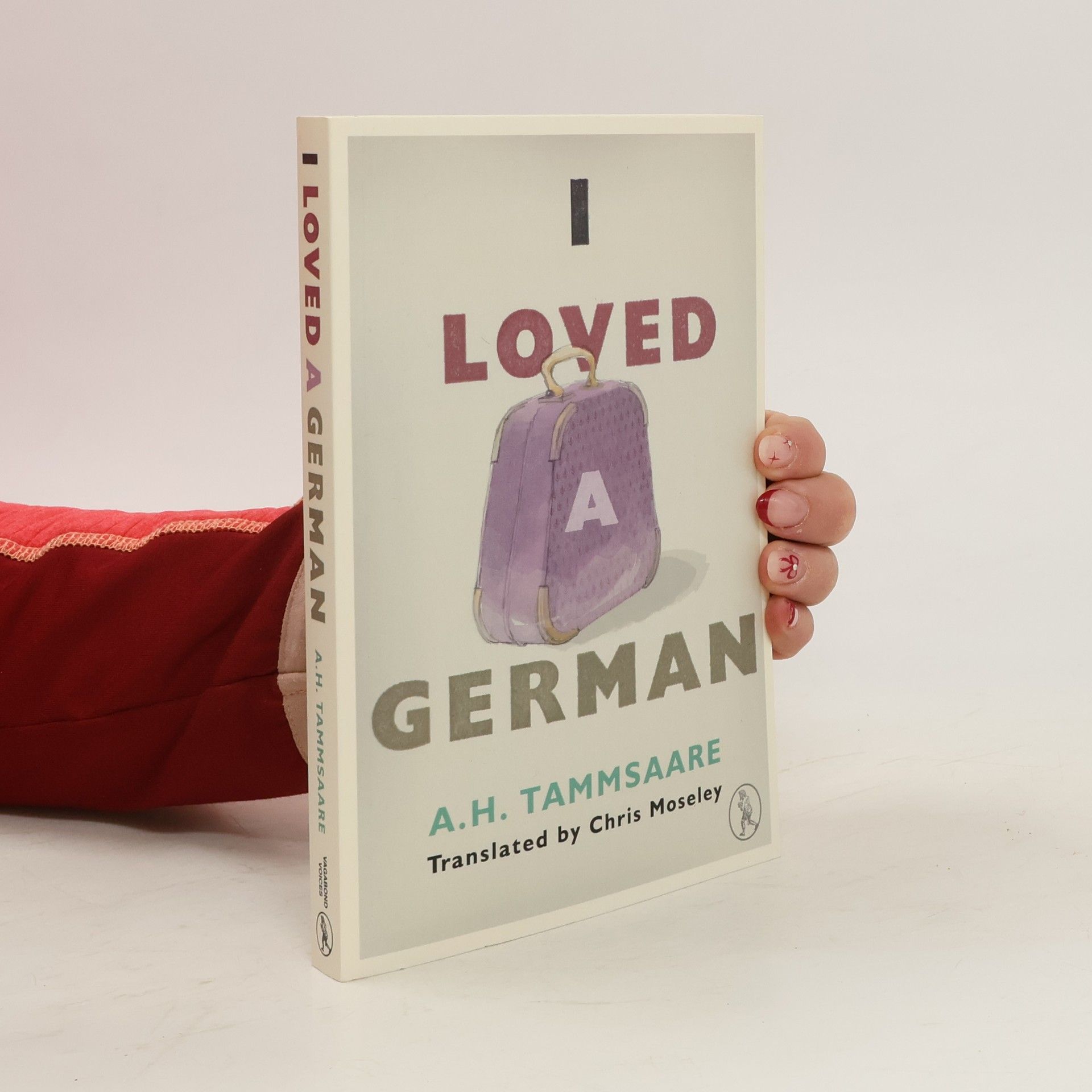I Loved a German
- 226 stránek
- 8 hodin čtení
A gripping love story, in which the classic love triangle takes a very untraditional form. The plot is centered on an Estonian university student who falls in love with a young Baltic German woman. The Baltic Germans had lost their aristocratic position since Estonia declared its independence. The young German earns her keep as a tutor for an Estonian family, and is not well-off. The young man, Oskar, starts courting the girl frivolously, but then falls head-over-heels for her. Before long, the prejudice that an Estonian and a Baltic German are of unequal standing stalks the couple. When Oskar goes to ask Erika's grandfather - a former manor lord - for the girl's hand, the meeting leaves a deep impression on him. Oskar finds himself wondering if he doesn't love the woman in Erika, but rather her grandfather; meaning, her noble descent. Does love depend solely upon the emotions of two young individuals, or are their origins, their social and cultural background actually the deciding factor?
